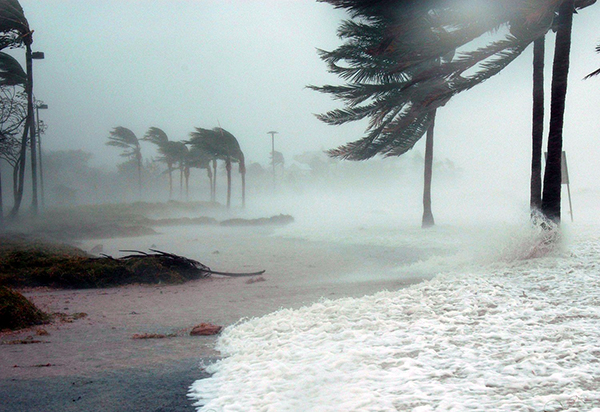OR&R Disaster Preparedness Program Hosts Hurricane Preparedness Summit
June 28, 2021 ─ On June 21 and 23, the OR&R Disaster Preparedness Program (DPP) hosted its annual Hurricane Preparedness Summit. The two-day conference, which was facilitated by the University of New Hampshire’s Coastal Response Research Center (CRRC) covered a range of hurricane preparedness and response topics.

Prior to the Summit, the University of New Hampshire Survey Center conducted a survey for CRRC and NOS to better understand the NOAA hurricane response, preparedness, and recovery community. One hundred and thirty-five (135) respondents completed the survey between April 7 and April 15, 2021.
Approximately four in five respondents said their organization or agency has a hurricane preparedness or response plan and among those who have such a plan four in five said it includes provisions regarding the COVID-19 pandemic. While 80% sounds like a high number, it was discussed during the summit that this means that 1 out of every 5 organizations or agencies does not have a hurricane preparedness or response plan, or that survey respondents were at least unaware of a plan. This is something the DPP hopes to help improve.
About half of respondents said they understood how to work through the Federal Emergency Management Agency (FEMA) during a hurricane response to get access to NOAA and other federal agency expertise while just under half claimed that they have a Mission Essential Function (MEF) or Emergency Support Function (ESF) role in hurricane response. Again, this seems to be another aspect where DPP and NOS can better collaborate to improve inter and intra-agency coordination.
A majority of respondents explained that they consider managing the multiple aspects of pandemic related fatigue, complacency of others to follow COVID-19 safety guidelines, and unreliability or loss of utilities as challenges for the 2021 hurricane season.
The summit featured over 30 different speakers and covered topics ranging from National Weather Service storm surge modeling and aircraft operation by NOAA’s Office of Marine and Aviation Operation to power and utility loss logistics and Incident Command management. Speakers were both internal and external to NOAA and included other state and federal agencies like the US Coast Guard, FEMA, Florida Department of Environmental Protection, and the Louisiana Governor’s Office of Homeland Security and Environmental Protection.
Over 200 people registered for the Summit and more than 140 participated virtually.
For further information, contact William.Whitmore@noaa.gov.

